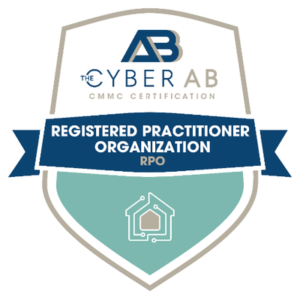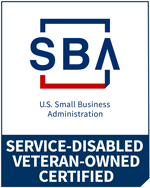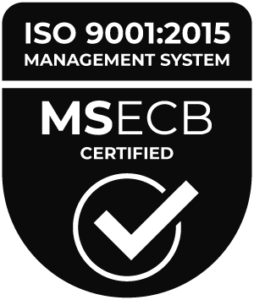The labor market is experiencing major upheaval in response to the pandemic and corresponding rise in remote work. Employees are quitting jobs in record numbers, including 2.9 million in the month of August alone, and many workers laid off during the pandemic are still looking to re-enter the workforce. Scammers are attempting to exploit this wave of job seekers using fake job ads.
A typical scam starts with a job posting on a website like LinkedIn or Indeed or an unsolicited message purporting to come from a recruiter. If a job hunter responds, the scammer asks for sensitive personal information, often under the guise of a pre-employment background check. That information is then used to file fake unemployment insurance claims or commit other identity fraud. Fraudsters may have stolen as much as $400 billion of unemployment insurance payments during the pandemic.
Other fake job ads are simple phishing attempts, such as a job description attachment hosting malware or a job posting link on Facebook or LinkedIn that leads to a counterfeit website requesting login credentials.
How to Spot a Fake Job
As these fake job scams proliferate, healthy skepticism and attention to detail can help you avoid becoming a victim. Here are some potential red flags to watch out for:
- Job ads that emphasize verifying your identity upfront.
- Jobs that offer high pay rates and flexible schedules for easy work with minimal qualification requirements.
- Any request to provide a credit card number or pay for anything upfront, such as a background screening or company equipment.
- Contact via non-company email domains or teleconference applications.
- URLs and email addresses that seem to match the company name, but actually contain an added character or other slight alteration.
- Requests to provide sensitive personal information through an unencrypted website (i.e., the site URL begins with “http://” rather than “https://”).
- Grammatical errors, typos and unnatural phrasing in job postings or messages.
The FBI and FTC also provide a wealth of advice on avoiding job scams. If something about a job seems off, take extra time to verify the offer and ask someone you trust for a second opinion before handing over any sensitive information.
Protecting Your Workforce
Organizations can implement technology solutions and training to help shield their workforce from these scams. Phishing emails can be blocked using email authentication, attachment scanning, web filtering, and intrusion detection systems. Additionally, cybersecurity awareness training reminds employees to be suspicious of unsolicited messages and teaches them to spot scam indicators.
MBL Technologies can help with our comprehensive cybersecurity services, including threat intelligence and workforce training. We ensure that organizations stay ahead of the latest threats by implementing resilient, sustainable security solutions.




